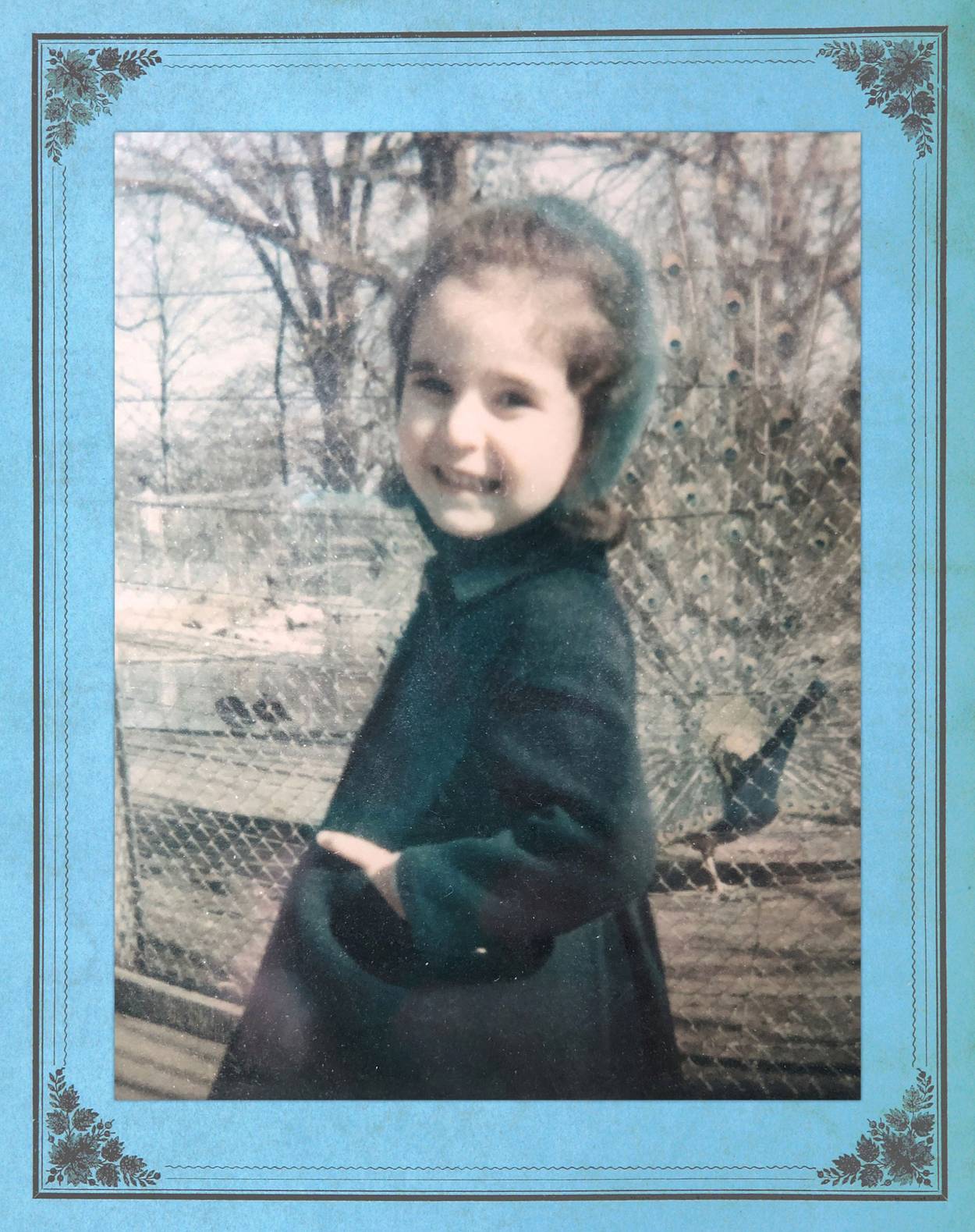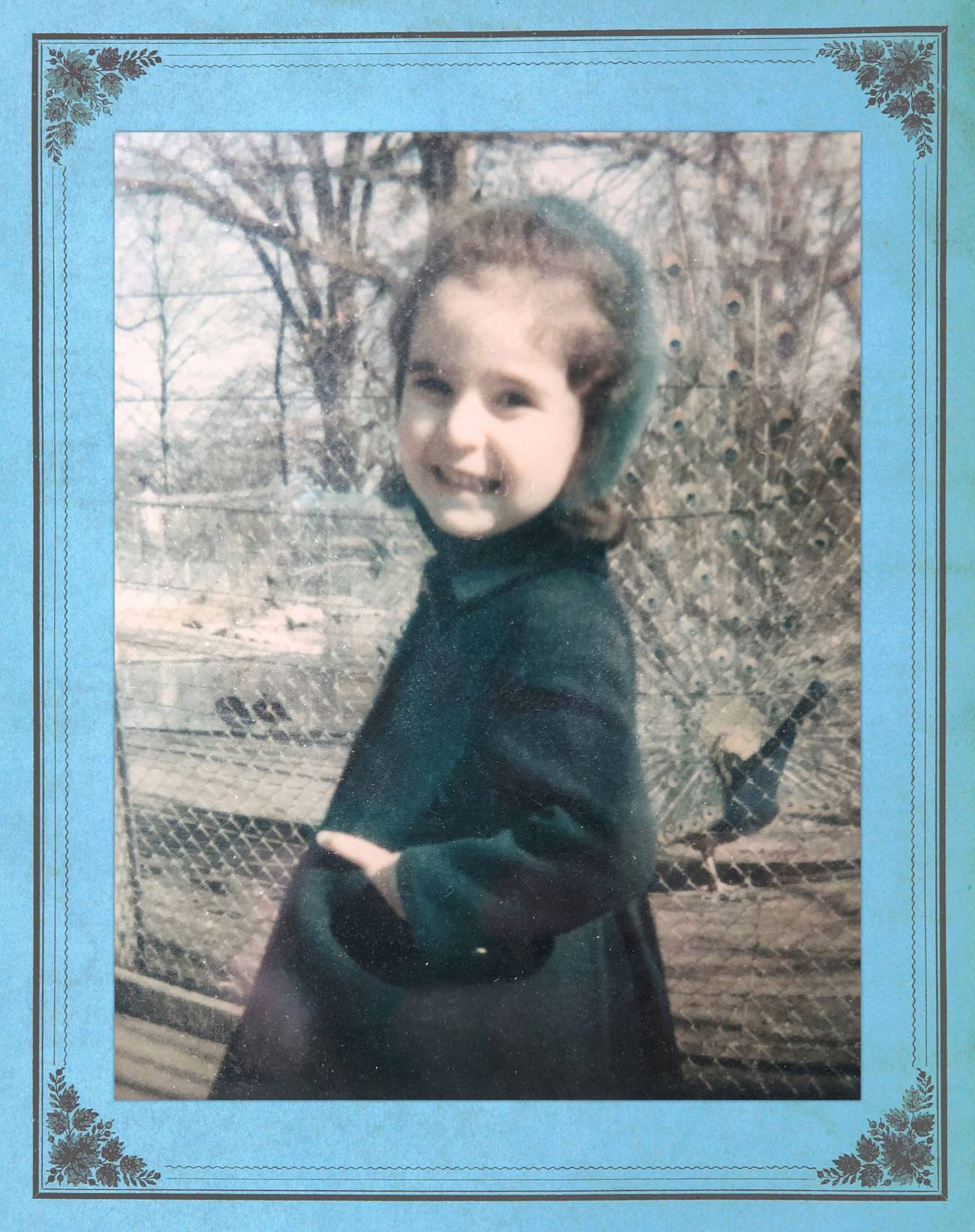Culinary Contradictions
Growing up in Switzerland, I never ate pork—except, of course, when I did




I grew up Jewish. And in the Calvinist Geneva of the 1960s and ’70s, that was quite exotic.
“What did you get for Christmas?” my peers would ask at the International School of Geneva, where I remained, throughout ten years of schooling, the only Jew in my class.
“What do you mean, you don’t celebrate Christmas?”
My mother was born in Paris in 1925 to serious agnostics whose personal calendar was French and secular. What that meant was that the year was articulated around the grandes vacances, the summer vacation they spent in Brittany on the Western Coast of France one year and in the Alps, where the whole family enjoyed hiking and even alpinism, the next. Hue, la grosse! “Move along, fatty,” my grandfather would tell my mother, mocking her chubby body as she tottered behind him along the Alpine paths.
As a child in the Paris of the 1930s, she enjoyed the family’s simple Christmas tree, as well as her mother’s dinde aux marrons, the traditionally French turkey with chestnuts. At Easter, my mother, Anne, and her brother, Frédéric, painted the eggs their parents would hide in the Jardin du Ranelagh near their apartment.
“I’d never even heard of Yom Kippur,” she’d tell me. This felt odd, since her own great-grandfather had worked as a rabbi in Alsace. “When my father spoke of his grandfather,” she’d say, “he was a bit ironic, a bit condescending.” Decades later, I would find letters from the rabbi, exhorting his children and grandchildren to keep kosher, to go to shul, to safeguard their heritage, but his wishes went unanswered. A few years before World War II, my maternal grandparents, Daniel and Iris Kaufman, didn’t think of themselves as Jews.
My father’s childhood at the mansion set on Rue Saint-Victor near the old town of Geneva was anything but simple. The third floor was the domain of a Swiss German nanny named Nana and the children, Frédéric, who would become my father, and his older sister, Rose. Nana ran a tight ship. “She was strict and mean, I hated her,” my father would say, decades later. I’d never heard him speak this harshly about anyone.
The Rue Saint-Victor Christmas tree was gigantic, extravagant. It was set in the middle of the living room for all to admire. The family exchanged gifts at Christmas and toasted the new year on January first, not on Rosh Hashanah.
My mother would have allowed it but, strangely, my father was adamant we couldn’t have a Christmas tree, so I grew up with a bad case of tree envy. If my parents went out during the holidays, I would hide behind the flowery curtains and watch the Citroën leave its nervous scratch on our graveled courtyard, and then I’d dash out of my girly bedroom and slide down the wooden banister, jump down and run to the small, dark dining room where the staff ate their meals. There, in the corner, hid the Christmas tree Joachim and his wife Carmela, our cook, dressed up every year with all the shiny ornaments they’d brought from Spain. I inhaled its woodsy alpine smell, touched the pink and purple tinsel that circled its girth and the multicolored baubles that hung from every branch, reminiscent of an old gypsy’s dangling earrings. I can still see the glittering white star at the tip of the tree, the shining beacon of my long-gone childhood.
At school, I hated feeling different, but I enjoyed the traditions we followed at home: one gift for each of the eight nights of Hanukkah, the winter festival of lights; the pure pleasure of wedging my tongue through the salted butter and thick honey I ladled on a matzoh cracker (the unleavened bread eaten at Passover); heading to synagogue to hear the deep baritone of the young rabbi on Friday nights.
Sometime in the ’60s, my adventurous parents left my sisters and me with our maternal grandparents and flew with a group of friends to New York City, where they proceeded to buy a used 1960 Buick station wagon. The plan was to cross the United States and end up in San Francisco, where we had cousins. They had decided to take their time and take the southern route. One Friday night, the group found itself in Dallas, Texas.
“Why don’t we try to find a synagogue?” one of them asked, which is how five Swiss citizens ended up in a reform congregation in the middle of a Dallas suburb.
“The shock for us was twofold,” my father recounted. “First, men and women together, meaning families were not split up, and then the service was mostly in English. For the first time, I understood the meaning of the prayers.”
Afterwards, several people approached the small group, introduced themselves, and asked them where they were from.
A lively discussion followed, and the travelers were invited to dinner at the home of the congregation’s president. My parents rarely went to synagogue in Geneva, mostly because the average age of the congregants was about eighty. The Friday night service seldom rallied the ten men needed (women were not counted within that traditionalist group), and the Hebrew-only prayers didn’t appeal. It would take years, but upon their return my parents started the process that would launch the first French-speaking Reform congregation in Switzerland. Its very first Friday night service took place in our home, in the library. I was seven.
Our family was more attached to the cultural traditions than the religious rites, but bien sûr we never ate pork. That is, except jambon de Paris (Parisian ham), but my mother assured me that didn’t really count.
And it was this convoluted culinary contradiction that hit me one day. I must have been eight or so. I knew ham was pork. Grown-ups lied. That gave me pause. A narrow fissure opened in my psyche and something I now recognize as anxiety poured in. Things were not always what they seemed to be.
On both sides, our heritage was clearly Ashkenazi with seemingly straightforward Eastern European roots. In terms of genealogy, all roads led to the region of Alsace in the north of France, famous for choucroute, the pork orgy served over sauerkraut that my blond, blue-eyed maternal grandfather adored. There, in a town called Colmar, many Adlers, I had been told, lay in the Jewish cemetery. A cousin had tracked down relatives living in the area as early as 1690. Before that, Jews were not inscribed in the local city archives. And before Alsace? Probably Poland, I’d been told, vaguely.
Discreetly, my parents looked down on Sephardic Jews. The melodies they sang at services resembled Arabic chanting, their food was oily, and they were unsophisticated.
But what about my father’s tanned complexion? He was often thought to be from Spain or the Middle East. His reputation as an accomplished sailor was at its peak in the mid-1970s, but when someone called on behalf of Baron Marcel Bich, the billionaire of the Bic disposable pen and razor empire, we thought it was a joke. It wasn’t. Would my father be interested in helping train the French team that would challenge the America’s Cup a year later? Of course he would! Baron Bich, a self-made Italian-born entrepreneur, by then a naturalized French national, was obsessed with the America’s Cup and would spend millions on boats and people in his effort to win the elusive prize.
And so it was that most summer weekends, my father and his two sailing acolytes would be plucked by private jet and brought to the Bay of Quiberon in Brittany, the French region on the Atlantic Ocean. There, my father steered the magnificent twelve-meter Constellation against the Baron’s hopeful France. One time, on his way out, he asked my mother what he could bring her back. Lobsters, she joked.
This was Switzerland, the landlocked country of Heidi, so lobsters rarely appeared on menus, but that Sunday night my father came home with a large paper bag in which four Breton blue lobsters were fighting for their freedom. I can still hear the terrible sound of their claws and legs raking against the paper. He promptly released them on the marble floor of the monumental hallway, to our stupefaction and horror. They attempted to crawl away, but destiny awaited. They were promptly dunked in an upstairs bathtub and later cooked by Carmela. I could not fathom eating creatures I had seen alive, but the adults had a banquet. The word “treif,” non-kosher, was never uttered.
Strangely, I felt close to the Sephardic world. I loved the warmth and expansive personalities of my Sephardic friends. And there was my son’s skin, the color of poured caramel; in Italy, people always thought I was Italian; when I explored Andalusia in the South of Spain, locals addressed me in Spanish, and when I discovered Essaouira on the Atlantic Coast of Morocco, I almost bought a riad and dreamt of moving there permanently.
“Tu es marocaine?” shopkeepers would ask me.
I never had any desire to see Poland. Recently, a friend told me about her interest in the Jews’ forced migration from Spain after the Inquisition in 1534.
“Are you aware,” she asked, “that hundreds of thousands of them somehow made their way from Spain to Alsace in Northern France?
“No,” I uttered, “I didn’t know.”
Was that it?
Was part of me Sephardic? That would certainly explain my father’s looks and my Mediterranean temperament! Because Spain abutted France, it was easy to extrapolate. Had my ancestors been kicked out of Spain? Had they stopped in the southwest of France on their way to Alsace? Had they savored cassoulet? Were there ancestral beans running through my veins?
Excerpted from Cassoulet Confessions: Food, France, Family, and the Stew That Saved My Soul. Sylvie Bigar, © 2022. Reprinted courtesy of Hardie Grant Books.
Sylvie Bigar’s writing has appeared in The New York Times, The Washington Post, Food & Wine, Forbes.com, Saveur, Bon Appetit, Edible, Departures, Travel & Leisure, and National Geographic Traveler.